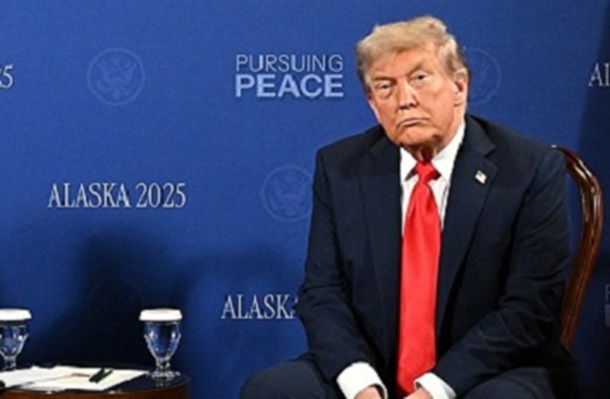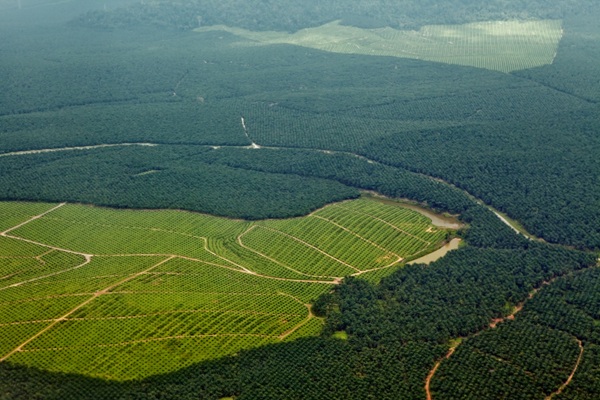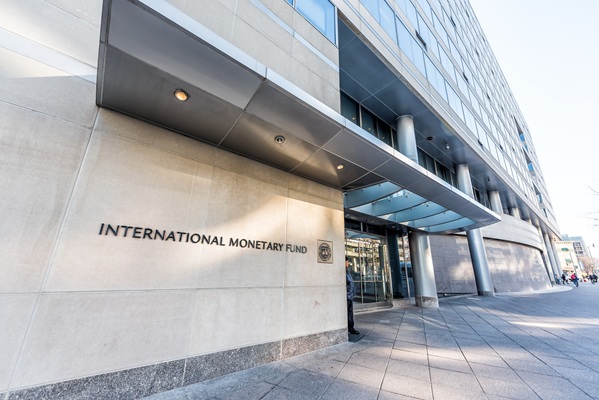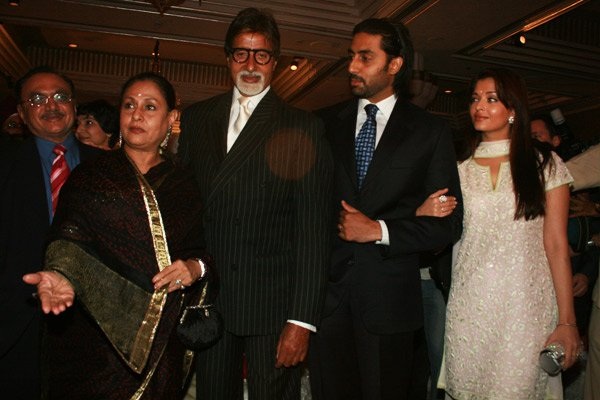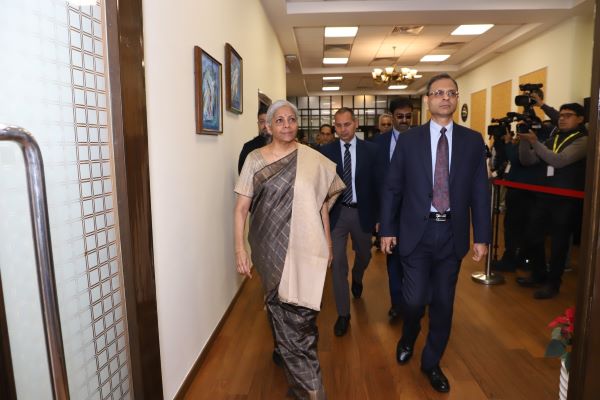.png)
By Saibal Dasgupta
Saibal Dasgupta is an author, veteran journalist, and noted China expert who has reported from Beijing since 2005 and contributes to global media and think-tanks.
October 10, 2025 at 3:41 PM IST
Crushing Donald Trump’s long-cherished ambition is no small feat. The US President considered the Nobel Peace Prize his due, citing his role in everything from the Abraham Accords to the Indo-Pakistan conflict. Yet, the Norwegian Nobel Committee denied him the honour, choosing instead Venezuelan opposition leader María Corina Machado. In doing so, it not only dismissed Trump’s campaign for validation but also made a subtle geopolitical statement by affirming Europe’s ability to exercise independent judgement in a world buckling under American tariff pressure.
Jorgen Watne Frydnes, chair of the Norwegian Nobel Committee, praised Machado as a “key, unifying figure” in a once fractured opposition, bound by a shared demand for democracy and free elections. The award honours Machado’s decision to stay put in Venezuela, despite persecution and threats to her life — a gesture of defiance that has come to symbolise democratic grit in Latin America.
The White House, meanwhile, reacted much as expected: with wounded pride. “The Nobel Committee proved they place politics over peace,” declared Trump’s spokesperson, Steven Cheung, in a social media post. The irony was lost on no one. For a man who has sought the prize with a mix of entitlement and grievance—accusing the committee of bias while repeatedly nominating himself through sympathetic governments—the optics of defeat have once again proven his undoing.
Symbolic Defiance
There were, reportedly, murmurs across European circles that Norway might face punitive tariffs or pressure to increase defence purchases from the US if it overlooked Trump’s candidacy. The committee’s choice therefore signals not just moral independence, but also the preservation of an institution’s integrity against geopolitical leverage.
For Trump, the denial is not new, but it is particularly cutting this time. Only a day before the announcement, he had claimed he “stopped eight wars in nine months,” suggesting that no one in history had done more to deserve the Peace Prize. He has, in recent months, frequently lamented that the Nobel Committee “only gives it to liberals,” insisting that his diplomatic interventions were underappreciated.
His references to ending the India–Pakistan conflict by threatening tariffs revealed more about his worldview than his achievements. New Delhi politely rejected the assertion, pointing out that bilateral talks, not Washington’s sabre-rattling, had calmed the crisis. The White House’s claim of “moving mountains with willpower” has often been self-fulfilling theatre.
The irony runs deeper since two of Trump’s nominations came from Israel and Pakistan: one a long-time ally criticised for its bombardment of Gaza, the other long accused of sheltering terror networks. That he paraded such endorsements as badges of honour says less about their worth than about his own moral deafness.
Larger Message
The Nobel Peace Prize, by its very design, seeks to elevate those who act beyond self-interest. Trump’s relentless pursuit of the award, his repeated public complaints, and his attempts to sway opinion through allies, have only underscored the gap between ambition and merit.
Technically, his recent exertions were moot. The deadline for nominations for the 2025 prize closed just ten days after he resumed office, rendering later endorsements invalid. But that has not stopped him from insisting he was wronged.
The episode also exposes a subtle shift in global optics. In the Trumpian imagination, peace is a transaction, a brand asset to be claimed. For Europe, it remains a principle to be guarded. By resisting the gravitational pull of Washington’s ego, Norway has reminded the world that integrity still holds currency, even when it comes at a cost.
For all Trump’s talk of “saving lives” and “making peace deals,” history is unlikely to remember him for quiet diplomacy or moral courage. In that sense, the 2025 Nobel Peace Prize has achieved something beyond its stated intent. It has exposed, once again, that true power lies in the ability to say no—even to one of the most powerful men in the world.
Also read:
Nobel Committee’s Trump Problem
